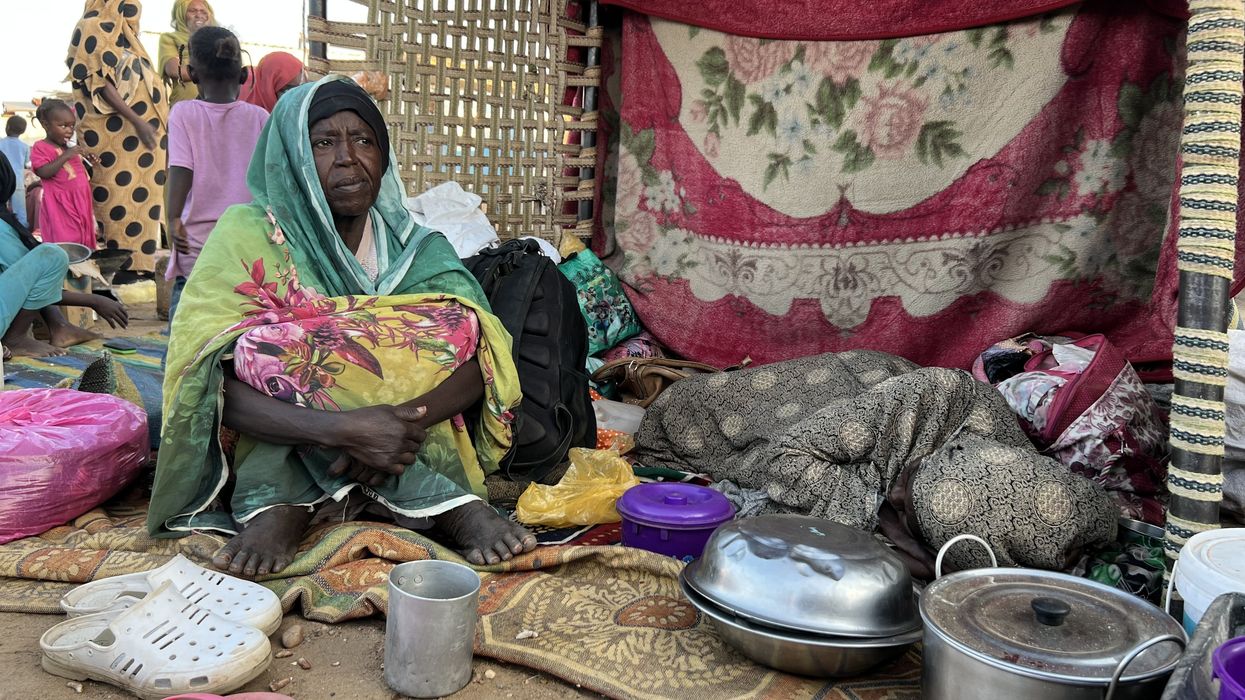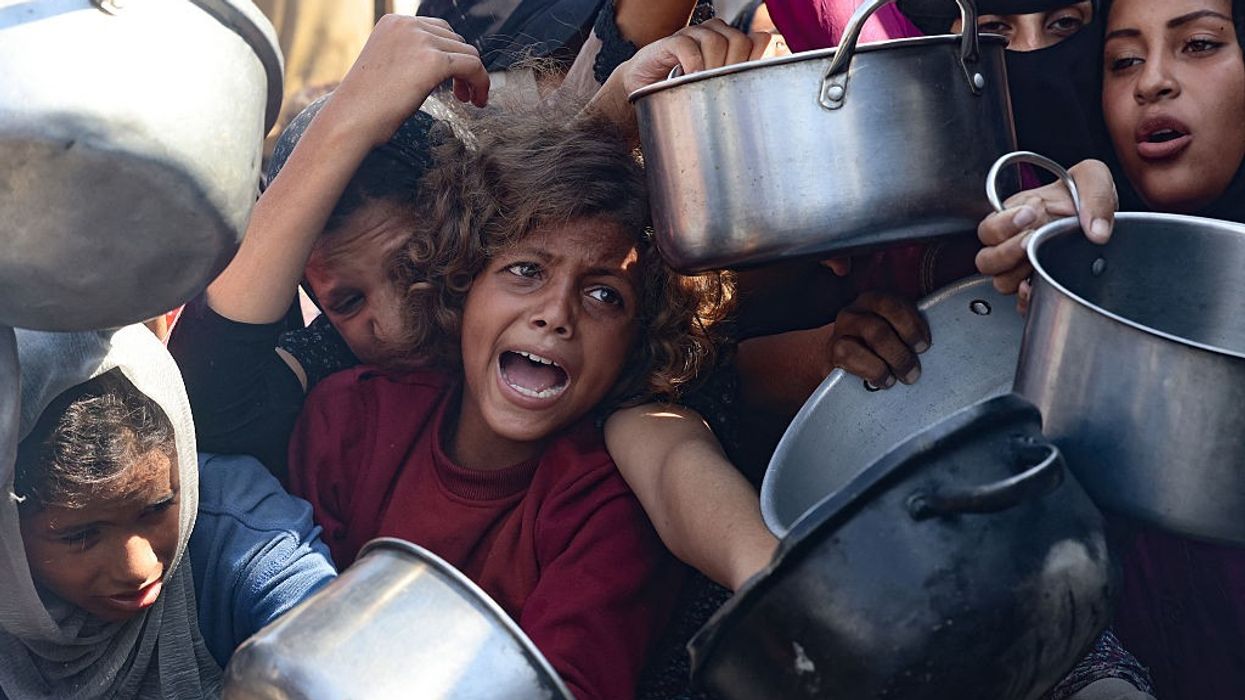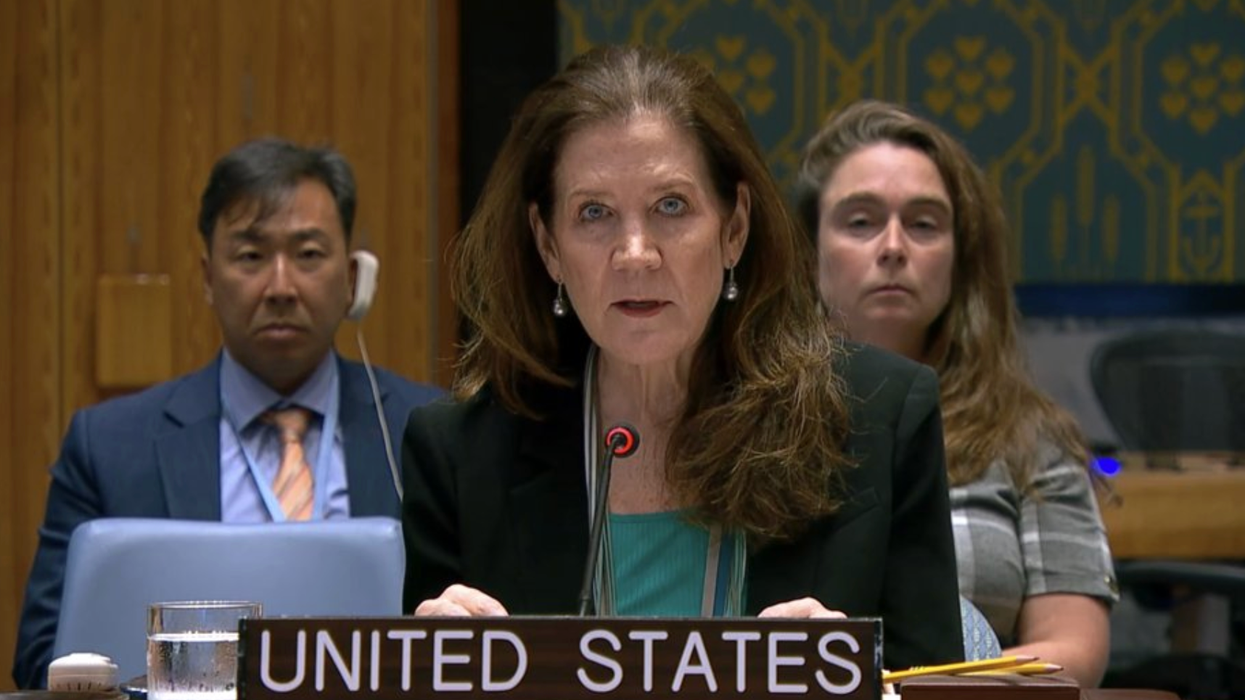Advocates Demand 'Immediate Ceasefire' in War-Torn Sudan as Famine Spreads to 2 More Regions
About 375,000 people have been pushed into famine after 30 months of civil war, said the world's top hunger monitor.
The world's top authority on hunger said Monday that a ceasefire in Sudan is needed to "contain the extreme levels of acute food insecurity and acute malnutrition" that have taken hold in the war-ravaged African country as it declared famine has spread to two regions there.
The Integrated Food Security Phase Classification (IPC), a United Nations-backed partnership, said it has detected famine in el-Fasher, the city in North Darfur State that the government's former allied militia, the Rapid Support Forces (RSF), seized last week, and Kadugli town in South Kordofan.
The IPC said at least 20 other areas in Darfur and Kordofan are at risk of famine, but fighting between the RSF and Sudanese government forces has impeded the group's assessments in places like the besieged town of Dilling, where the situation is likely "similar" to that of Kadugli.
"Urgent steps should be taken to allow full humanitarian access and assessment in this area," said the IPC.
In the towns where experts have been able to take stock of the humanitarian disaster—now one of the worst in the world, according to the United Nations—hundreds of thousands of people are facing “a total collapse of livelihoods, starvation, extremely high levels of malnutrition, and death.”
The IPC, which rates hunger on a scale of 1-5, determines that famine has taken hold in places where malnutrition has caused at least two deaths per 10,000 people, or four deaths per 10,000 children under the age of 5; at least 1 in 5 households severely lack food; and at least 30% of children have been found to suffer from acute malnutrition.
In the two regions included in the IPC report Monday, about 375,000 people have been pushed into famine (IPC Phase 5), and another 6.3 million people across the country face are in IPC Phase 4, classified as an "emergency" hunger crisis.
More than 21 million people face acute levels of food insecurity.
Towns near el-Fasher are also at risk of famine, including Tawila, Melit, and Tawisha.
Food supplies have been largely cut off in el-Fasher over the last 18 months as it has been under siege by the RSF, which killed more than 1,500 people in massacres last week as it took over the city.
Nearly 10 million people have been internally displaced by the civil war—the world's largest displacement crisis—with many sheltering in overcrowded public buildings with inadequate access to food as well as sanitation.
More than 19 million people in Sudan are expected to experience acute food insecurity by January 2026 as humanitarian aid groups continue to be blocked from getting supplies to starving households and harvests in Darfur and Kordofan are expected to be "well below average due to insecurity, despite favorable agroclimatic conditions."
Food prices are also expected to remain high and ultimately rise in the first half of next year as stocks decline.
"An immediate ceasefire and humanitarian access are a must to prevent further deterioration and save lives!" said Tedros Adhanom Ghebreyesus, director-general of the World Health Organization.
The IPC said only 21% of people in need currently have access to humanitarian aid, and in Kadugli, the aid group Save the Children said that its food supplies ran out in September as fighting there escalated.
Tens of thousands of people in the town are trapped there as the RSF—which is backed by the United Arab Emirates, whose government has received military support from the US—tries to seize more territory.
The IPC previously declared famine in three refugee camps near el-Fasher and in part of South and West Kordofan provinces, since fighting began in April 2023.
The UN has estimated more than 40,000 people have been killed, but aid groups warn the true death toll is likely much higher.
The International Court of Justice said Monday that it is "taking immediate steps regarding the alleged crimes in el-Fasher to preserve and collect relevant evidence for its use in future prosecutions."


